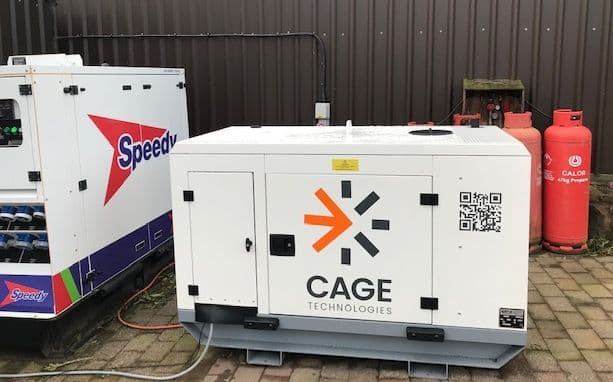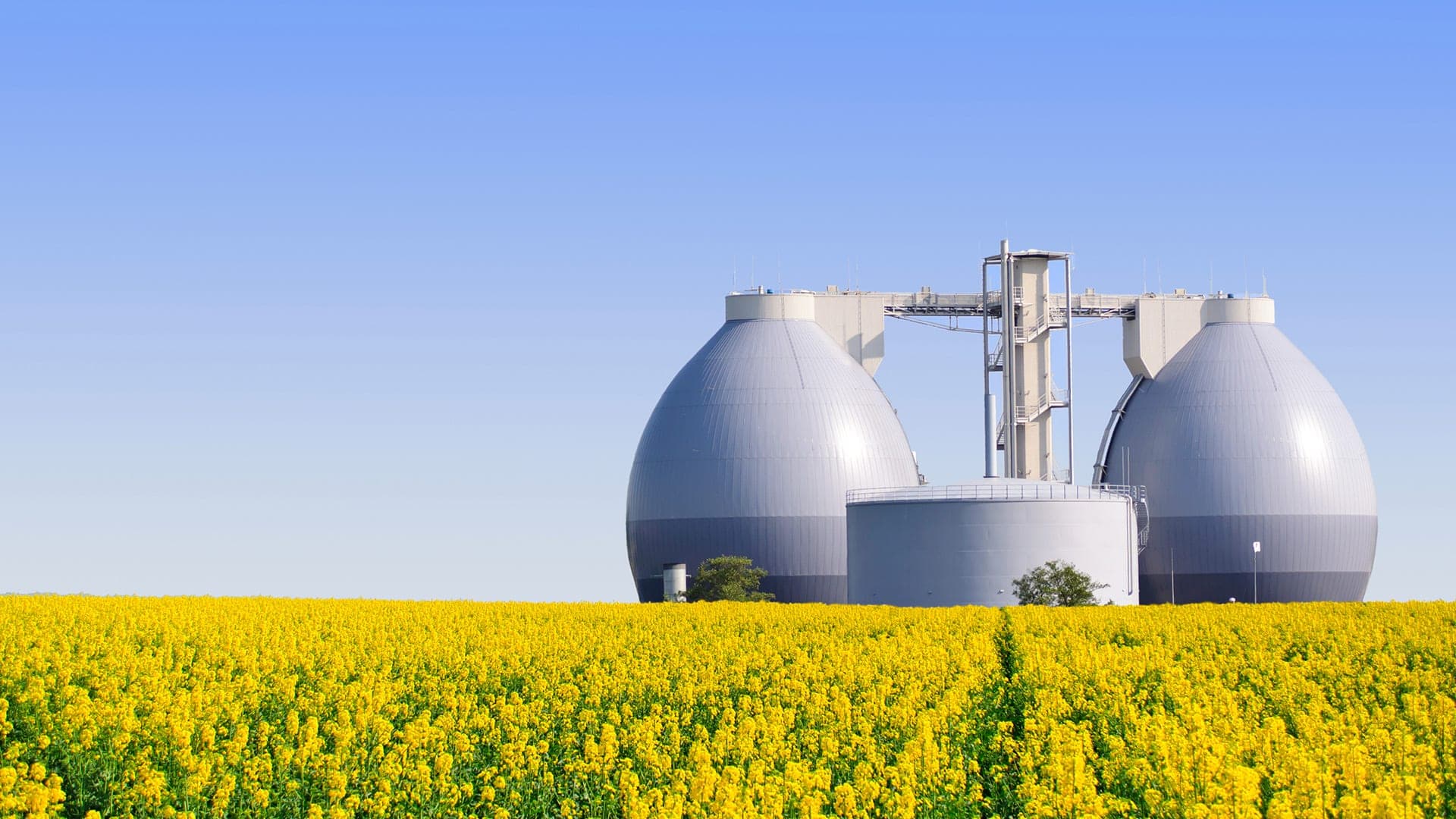Technologies
LPG/bioLPG

We supply ultra low emission LPG engines and generators as direct replacements to diesel in the 2-57kW range. These engines power generators and other industrial equipment and are designed to reduce CO2 emissions and surpass the EU Stage V exhaust emission standard to benefit air quality.
CTL has developed technologies enabling standard petrol and diesel engines to be converted at low cost to run on a range of low carbon fuels such as LPG, biogas and hydrogen with optimised efficiency. These engines can then be integrated into standard construction equipment e.g. generators to be delivered as a turnkey product. CTL is working with global engine OEMs to convert their 10-60kW engines.
By making minor physical modifications to an engine and adding a sophisticated control system, standard engines can be converted to run on a wider range of clean fuels and emit lower levels of CO2 and other air pollutants. The technology can be applied both as a retrofit and as a supplementary step in the manufacturing process for new engines.
Air quality benefits of CAGE LPG technology for off-grid power generation
- Reduced carbon emissions to help deliver corporate decarbonisations targets
- CAGE’s unique combustion technology reduces harmful emissions of nitrogen oxides (NOx), particulates and poisonous carbon monoxide (CO) to negligable levels.
- Cost savings for construction sites
- CTL’s gas engine has similar fuel efficiency to a Stage V diesel engine but with a 90% reduction in exhaust emissions. With the duty saving on red diesel removed in 2022, bulk LPG represents ~50% saving in fuel costs (CAGE LPG genset 23-26p/kWh vs 50-55p/kWh)
- CTL’s small LPG engine has around 80% lower combined emissions of CO, NOx and HC compared to the new Stage V spark ignition standard
- Down-turns in reliability and efficiency associated with Stage V diesel engines are avoided with CAGE
- Capital cost of a typical Stage V-compliant 50kW diesel engine is now twice the cost of a pre-emissions engine but CAGE allows a ~40% reduction in the lifetime costs of ownership using its LPG fuelled solution
- Longer engine life and service intervals further reduces lifetime costs of ownership (or combined operating and rental costs) relative to Stage V diesel engines
- CAGE helps contractors meet their clean air and carbon operational targets which often come with financial penalties for non compliance
- Intelligent control enables the use of solar battery hybrid systems giving combined CO2 savings potential of 75%-95% compared to standard diesel systems and can offset the higher capital cost. Current carburettor gas engines used in this application are inherently dirtier, not certifiable for global emissions standards and don’t deliver optimised efficiency


